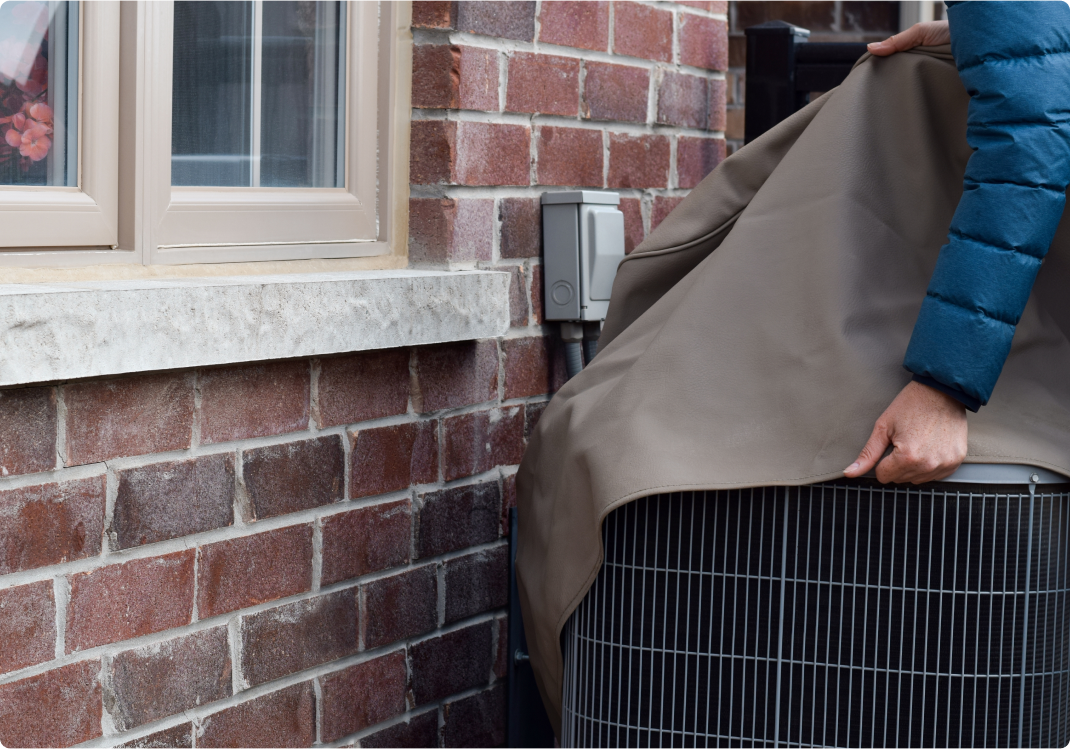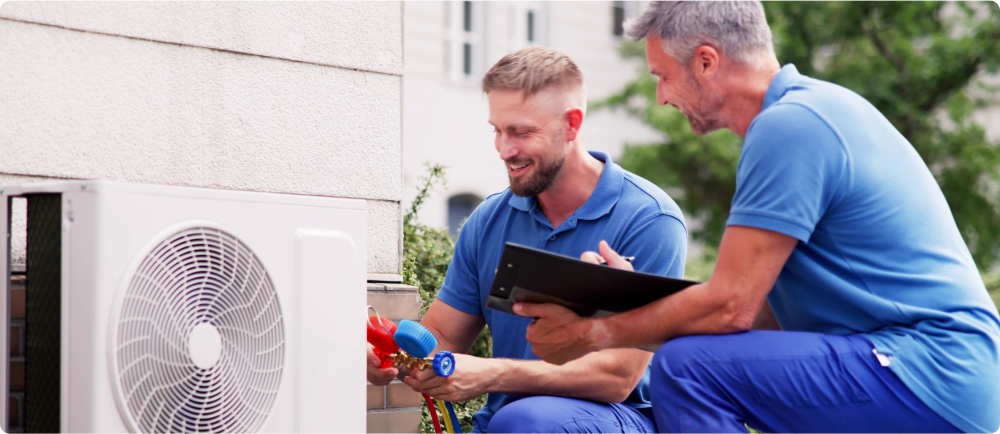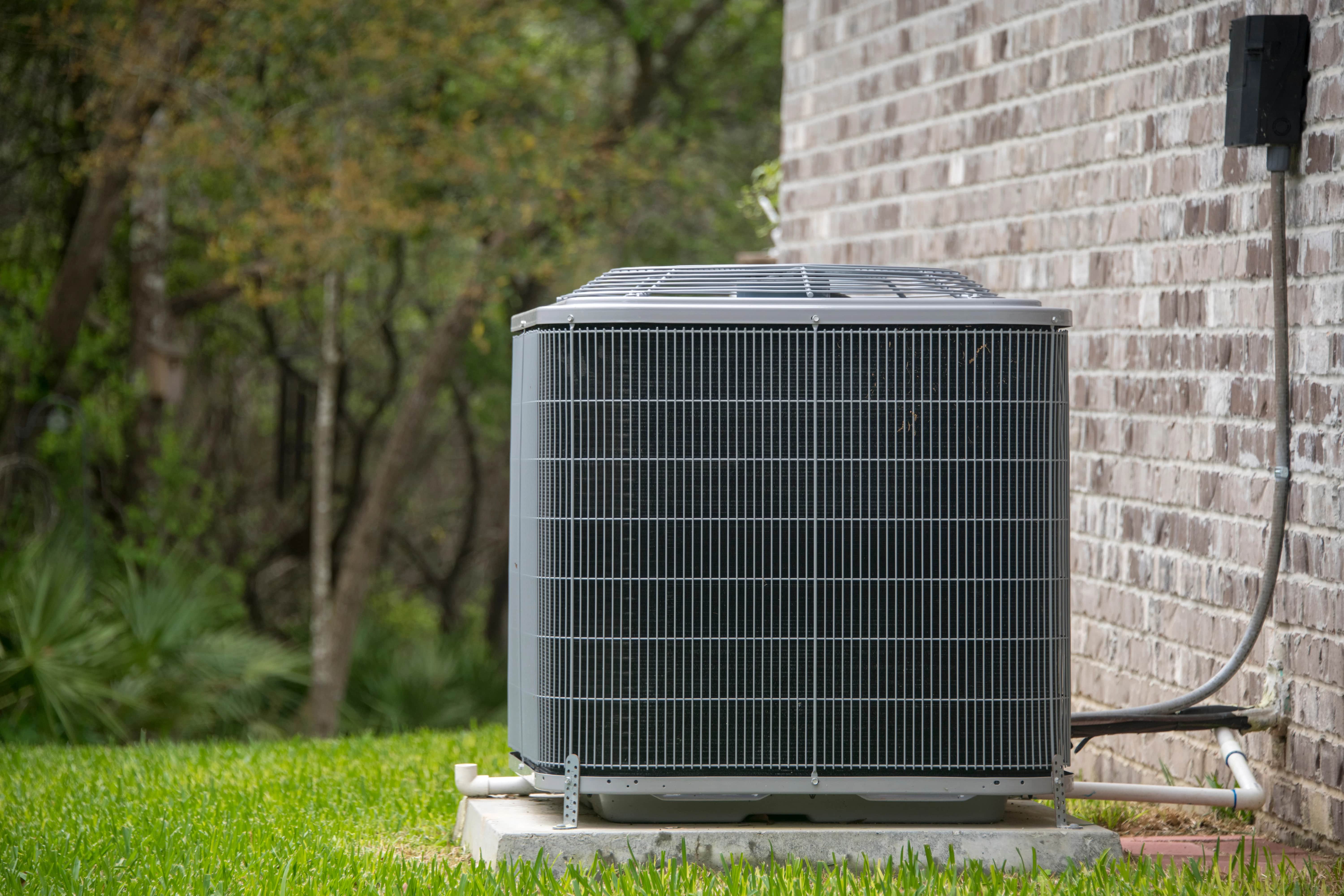You count on your home’s air conditioning system to keep you cool during the summer heat. It’s important to and get seasonal HVAC tune-ups to help keep it running smoothly. That includes AC pest control—having it inspected and protected from pests, like rodents and snakes, that can damage your system.
What types of pests can damage your air conditioning unit?
Whether they crawl, slither, gnaw or build mounds, pests can tamper with your air conditioning system, both inside and outside your house.
- Mice and rats like to crawl into small spaces, and they use air duct material to build their nests. These rodents can also chew through refrigerant lines, electrical wires, and other HVAC and AC components, causing expensive repairs and potential hazards. That’s why it’s important to know how to protect AC from rats and mice.
- Snakes can nest in ductwork or even coil up in the condenser. A snake that’s wandered inside the AC unit will probably be killed by the fan blades when the unit comes on, but at the expense of the blades or other components.
- Termites, ants, wasps and other pests may also make their way into your AC system. Ant mounds can keep parts of the unit from operating properly or short out electrical connections. A wasp nest in an air vent can also be dangerous, particularly if anyone in your family is allergic to their sting.
Can mice come through vents?
Mice are small and flexible enough to get into many tight spaces, including air ducts. The Centers for Disease Control (CDC) warns that mice can squeeze through a hole as small as a nickel and that rats can get through a hole as small as a half-dollar. It’s critical to know how to keep mice out of your air conditioner.
- Interior air vents that have louvered, angled or grid openings smaller than a nickel in size will likely not allow enough room for a rodent to squeeze through.
- Fresh air intake vents and exterior air vents can be entry points if they’re large enough, cracked, or have holes in the protective screens.
- Attic and crawl space vents are also easier for mice and rats to access if not properly screened or covered.
Rodents in air ducts and vents pose health risks to humans. Some people can have allergic reactions to mouse and rat dander, urine or droppings. Wild rodents can also carry a variety of pathogens that may cause diseases, so it’s important to carefully check your AC system for any signs of their presence or have a professional pest control technician inspect it.
A dead mouse in the ductwork could also be the source of a foul odor that lingers or worsens when the AC unit is in operation. Dead mice may even have to be removed before the situation improves.
So much for rodents. What about reptiles?
Snakes can slither into exterior air vents if they fit through the vent, a crack or a hole in the screen. This is not the most common air conditioning problem but you should still keep snakes away from your AC unit and HVAC system.
Make your yard a no-go area for snakes.
- Mow and weed regularly, and don’t let grass grow high.
- Fill any holes in the grass or dirt that might give snakes a place to hide.
Sprinkle sulfur powder — a snake deterrent — around the edges of the yard.




